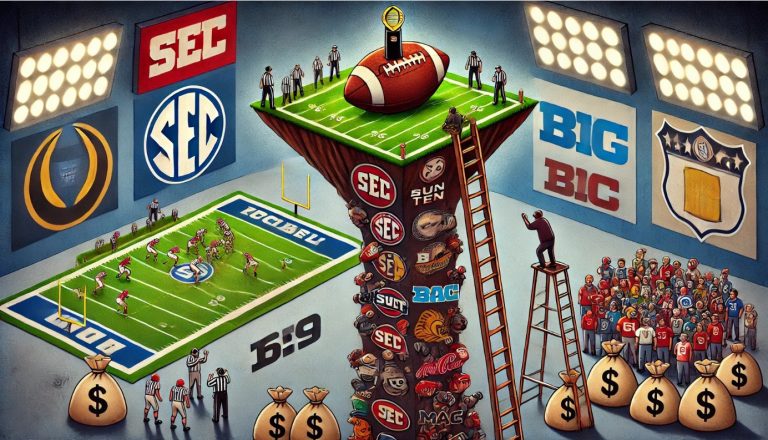
By Larry Billinger, Salina, KS
In an era where cancel culture stands as a formidable force, it’s almost bewildering how certain iconic songs from the 1960s continue to find favor with audiences, while figures like John Wayne, as highlighted by comedian Bill Burr, come under retrospective scrutiny.
At a time when society is keen to critique past standards, many 60s songs laden with now-deemed controversial themes not only survive but flourish. “Young Girl” by Gary Puckett & The Union Gap suggests an older man’s yearning for an underage girl. “Girl, You’ll Be a Woman Soon” by Neil Diamond hints at a relationship with potential predatory undertones. “He Hit Me (And It Felt Like A Kiss)” by The Crystals depicts a woman rationalizing domestic violence. Meanwhile, “Stray Cat Blues” by The Rolling Stones subtly narrates a liaison with a very young girl, and “Brown Sugar,” also by The Stones, touches upon women’s objectification intertwined with racial undertones. Such themes, examined through a contemporary lens, could certainly raise eyebrows.
Yet, these tunes still enjoy considerable airtime on radio stations, streaming platforms, and even as crowd-pullers at concerts. It begs the question: how have these tracks evaded the scrutiny of cancel culture?
Perhaps the overpowering nostalgia these classics evoke is a shield. They offer an escape to a bygone era, seemingly protecting them from the intricacies of modern judgments. Plus, the undeniable talent of bands like The Rolling Stones often allows listeners to revel in the melody, overshadowing controversial lyrics.
Nevertheless, the fact remains intriguing. While modern culture places many figures and forms of art under scrutiny, these 60s anthems continue to sail smoothly, standing as a testament to society’s complex relationship with its musical heritage. Certain elements, however controversial, remain seemingly untouched by the winds of change.



“What’s your name? Who’s your Daddy? Is he rich like me?” <————- That song by the Zombies always seemed creepy to me.